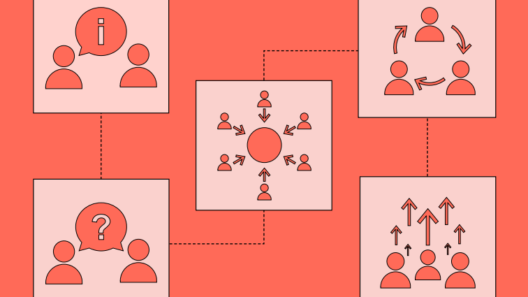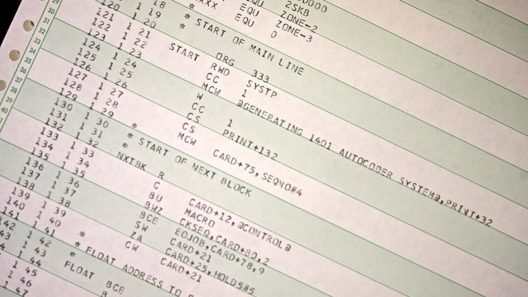Exploring principles for data stewardship
A case study analysis
An open set of case studies exploring principles for data stewardship.

What data practices enable the use of data for public or social good? To help answer this question, the Ada Lovelace Institute has developed a set of case studies. Based on Elinor Ostrom’s principles for governing the commons, these case studies can help us to understand what responsible data stewardship might look like.
Explore our data stewardship case studies
Project background
Responsibly collecting, storing, sharing and using data is key to unlocking its potential. If we get the governance right, vast amounts of rich data can help to conduct health research, make cities more environmentally friendly, empower consumers and communities and more. Getting the governance right means people’s and communities’ data rights are protected and the use of data is fair, equitable and focused on social benefit.
At the Ada Lovelace Institute, we’re committed to understanding how to get data governance right and sit among a broad landscape of researchers and practitioners exploring models for data governance that work for people and society. ‘Data stewardship’ has emerged as a concept that responds to the question: what data practices enable the use of data for public or social good?
Project overview
Defining data stewardship and addressing that question are challenging tasks and it will take a range of approaches to do so. Others are doing excellent work to categorise types of stewardship and put forward new models for data governance. We have taken a step back and explored the principles that might help to shape and critique concepts of data stewardship.
Elinor Ostrom’s principles for governing the commons have been posed by some as offering interesting avenues for thinking through what data stewardship might look like. Building on that work, we have adapted Ostrom’s principles to governing data for social good and drawn together a set of case studies mapped against them.
These case studies are a step towards answering the questions of data stewardship. Our approach is inspired by Ostrom herself, who gathered thousands of examples of how shared resources are managed in the real world in order to develop her principles.
We believe these case studies are a rich resource. Rather than leaving it to sit in our shared folders or in a report appendix, we share it openly so that other researchers, practitioners or anyone curious may analyse them, critically engage with our approach, draw their own conclusions, and ultimately use this resource to inform their own thinking.
Our report, Participatory data stewardship, builds on this work by proposing a framework for involving people in the use of their data. Instead of practices of data collection, storage, sharing and use in ways that are opaque or seek to manipulate people, the report outlines practices that empower people to help inform, shape and – in some instances – govern their own data.
Related content

Participatory data stewardship
A framework for involving people in the use of data

Doing good with data: what does good look like when it comes to data stewardship?
Data can help tackle the world’s biggest challenges, if we ask the right questions about governance and apply principles for stewardship.

Data stewardship: an archival perspective
Archives as datasets? What can we learn from archivists in data preservation and sharing?

Rethinking data and rebalancing digital power
What is a more ambitious vision for data use and regulation that can deliver a positive shift in the digital ecosystem towards people and society?